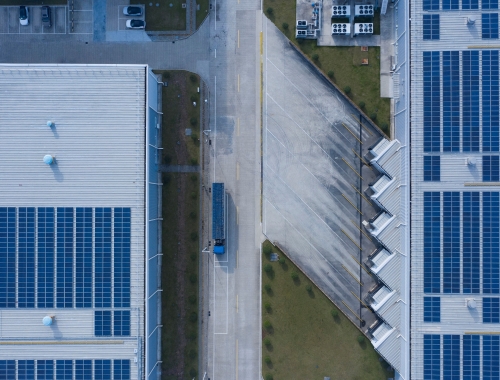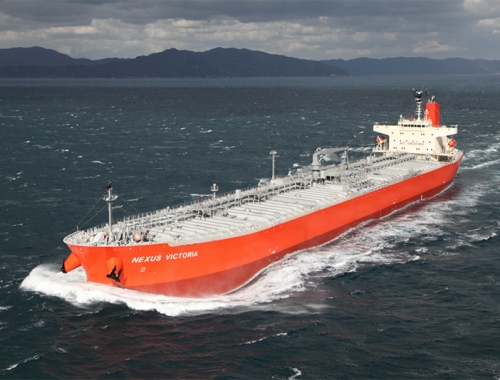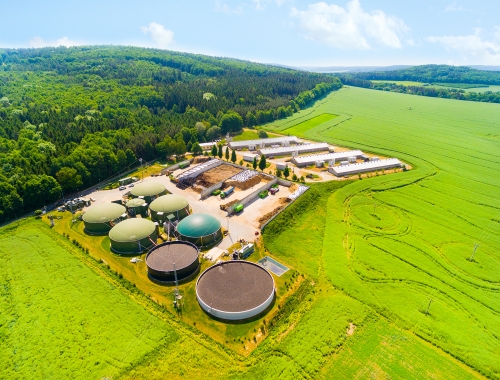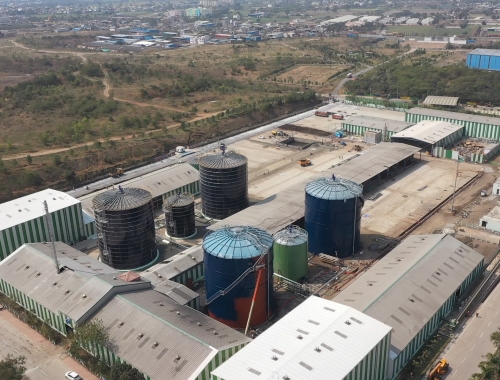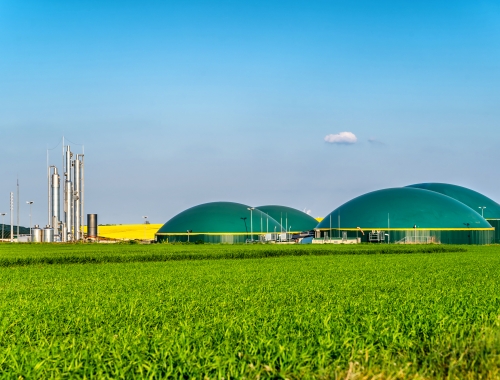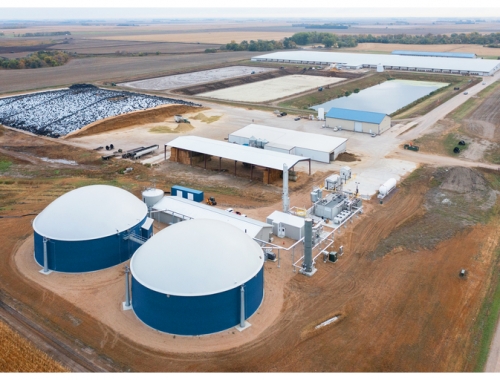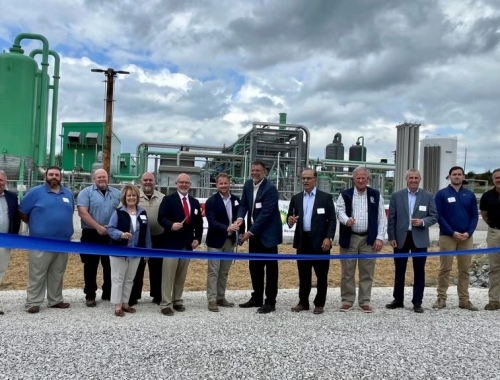Carbon capture research study secures New York state funding
SUMMARY
A scheme to award carbon credits to wet ponds that can store carbon without emitting methane has been funded by New York's conservation board.
By Callum CyrusNew York State's Department of Environmental Conservation (DEC) has awarded grant funding to a two-year project that will explore the role of wetlands such as ponds as a source of storing CO2, the Cornell Daily Sun reported August 21.
The research will be spearheaded by Meredith Holgerson, a professor of ecology and evolutionary biology who practices at Cornell University.
Ponds organically contain carbon sediments deposited at the water bed, but they also produce methane that rises and leaks into the atmosphere, Holgerson said. She believes some of the ponds could be artificially modified to be more carbon-friendly, and then used to store additional CO2 waste permanently.
With the DEC's grant funding, Holgerson's team will investigate to find out precisely how much carbon and methane is emitted from ponds as greenhouse gases. That should allow them to figure out sustainable methods of containing GHG emissions.
Holgerson explained: "We don’t have a great understanding of how much [carbon] a water body stores in its sediment, and how much is coming out to the atmosphere as carbon dioxide or methane."
The grant funding programme will be completed in multiple phases. First, Cornell researchers will gather carbon emissions data from wetlands. This information will be used to devise a formula for awarding carbon credits, working in collaboration with farm and residential pond owners to determine which assets emit fewer greenhouse gases.
Further work will be conducted alongside the Cornell Experimental Ponds Facility to estimate parameters that affect the ponds' carbon capture performance, for example specific nutrients in the water or species of fish.
The pilot study will start in the Ithaca area of New York but could eventually incentivise carbon capture at ponds across the Empire State, under the supervision of the New York Natural Heritage Program.
Holgerson concluded: "We need all hands-on deck. Our climate emergency is requiring us to find ways to reduce greenhouse gas emissions and reach carbon neutrality as soon as possible, and our own planet can help get us there. It will be crucial to understand how ponds and small wetlands emit and store carbon.”

